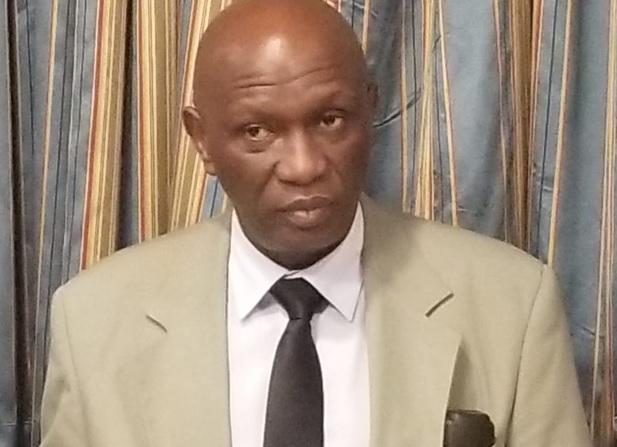Monrovia – President Joseph Nyuma Boakai’s Legal Advisor, Cllr. Bushuben Keita, disclosed in a recent statement that the Liberian cabinet has granted the President the authority to replace all tenured officials except those safeguarded by the Constitution. The decision was reportedly made during the cabinet’s inaugural meeting on February 23.
Keita emphasized that the cabinet’s directive allows the President to appoint individuals of his choice to executive positions, disregarding existing tenure agreements unless protected by constitutional provisions. He highlighted that tenured positions created by statute were deemed in violation of Article 56a, which outlines the tenure of government officials appointed by the President.
The Legal Advisor cited past Supreme Court rulings, including cases involving Martin Sallie Kollie and the Liberia Anti-Corruption Commission (LACC), to support the government’s stance on the constitutionality of tenure positions. He underscored that the Supreme Court views tenured positions as contractual agreements, necessitating compensation for the unexpired term if terminated prematurely.
Furthermore, Keita stressed the importance of upholding contractual obligations in accordance with Article 25 of the Liberian Constitution. He explained that the Supreme Court’s interpretation implies that officials holding tenured positions should receive compensation for the remaining duration of their contracts upon termination.
The President’s recent appointments to tenured positions, despite ongoing tenures, have sparked controversy and legal scrutiny. The government’s decision to replace officials in such positions has raised concerns about the implications for governance and legal obligations.
Given the Legal Advisor’s assertions and the government’s position on the matter, the potential impact on affected officials and the broader political landscape remains a subject of debate and scrutiny.








